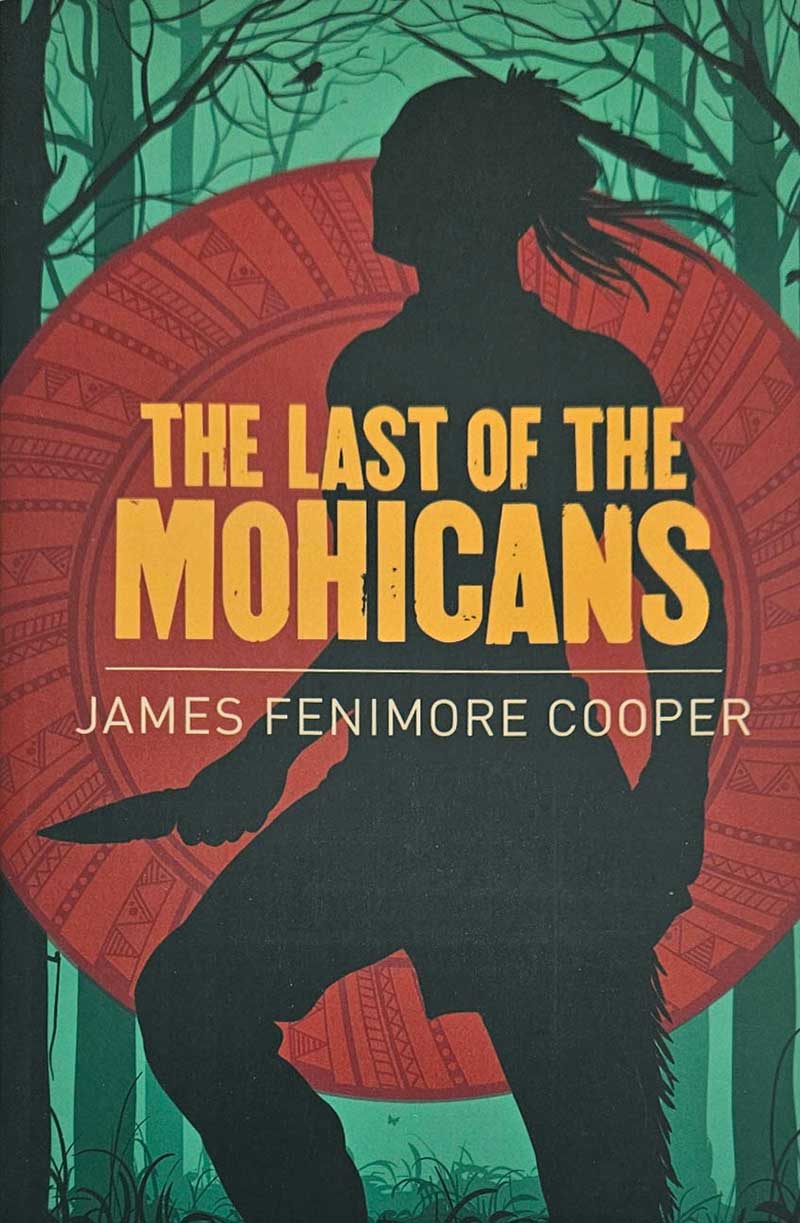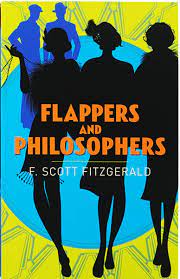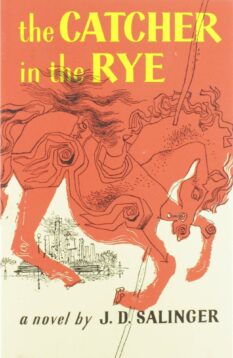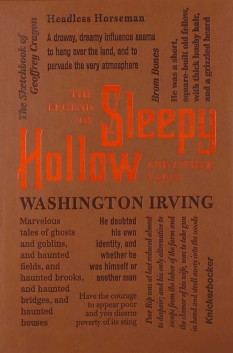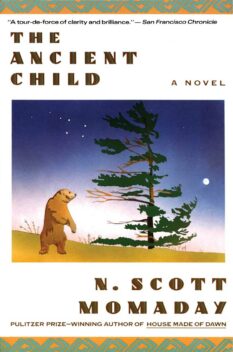The Last of the Mohicans
Published in 1826, The Last of the Mohicans is an adventure story, at the heart of which is the kinship between white frontiersman, Natty Bumppo – “Hawkeye” – and two Mohicans Indians, Chingachgook and his son Uncas.
$2.79
Paperback
Description
Summary
The action takes place during the French and Indian War. Alice and Cora, daughters of a British fort commander, are on a perilous journey through the dark forests of western New York.
Their Huron guide, Magua, turns out to be a traitorous French sympathizer who holds the sisters captive until Hawkeye and the Mohicans come to their rescue. Even then, their troubles are far from over.
About the Author
James Fenimore Cooper was the great professional American author. He was born on September 15, 1789, in Burlington, New Jersey, and grew up in the frontier village of Cooperstown, New York, in the heart of the wilderness he was to immortalize in his frontier novels. A high-spirited youth, he was expelled from Yale because of a prank and was finally signed by the navy by his strong-willed father. In 1819 a trifling incident reportedly led to the writing of his first book. Reading aloud to his wife from a popular English novel, he exclaimed, “I could write you a better book myself!” The result was Precaution (1820), which followed in 1821 by his first real success, The Spy.
Cooper became a prolific writer, creating two unique genres that were to become staples in American literature–the sea romance and the frontier adventure story. The first of the famous Leatherstocking tales, The Pioneers, appeared in 1823 and introduced the wilderness scout Natty Bumppo. This detailed portrait of frontier life has been called the first truly American novel. In The Last of the Mohicans (1826) Natty Bumppo becomes the well-loved Hawkeye befriended by the noble Indian Chingachgook; the novel remains a favorite American classic. Other Leatherstocking tales were The Prairie (1827), The Pathfinder (1840) influenced both Herman Melville and Joseph Conrad and led to the use of the sea novel as vehicle for spiritual and moral explorations. Cooper also wrote political satire, romance, and the meticulously researched History of the Navy of the United States of America (1839). By the time of his death on September 14, 1851, he was considered America’s “national novelist.”
Additional information
| Weight | 10 oz |
|---|---|
| Dimensions | 7.8 × 5.1 × .875 in |
| Binding |
